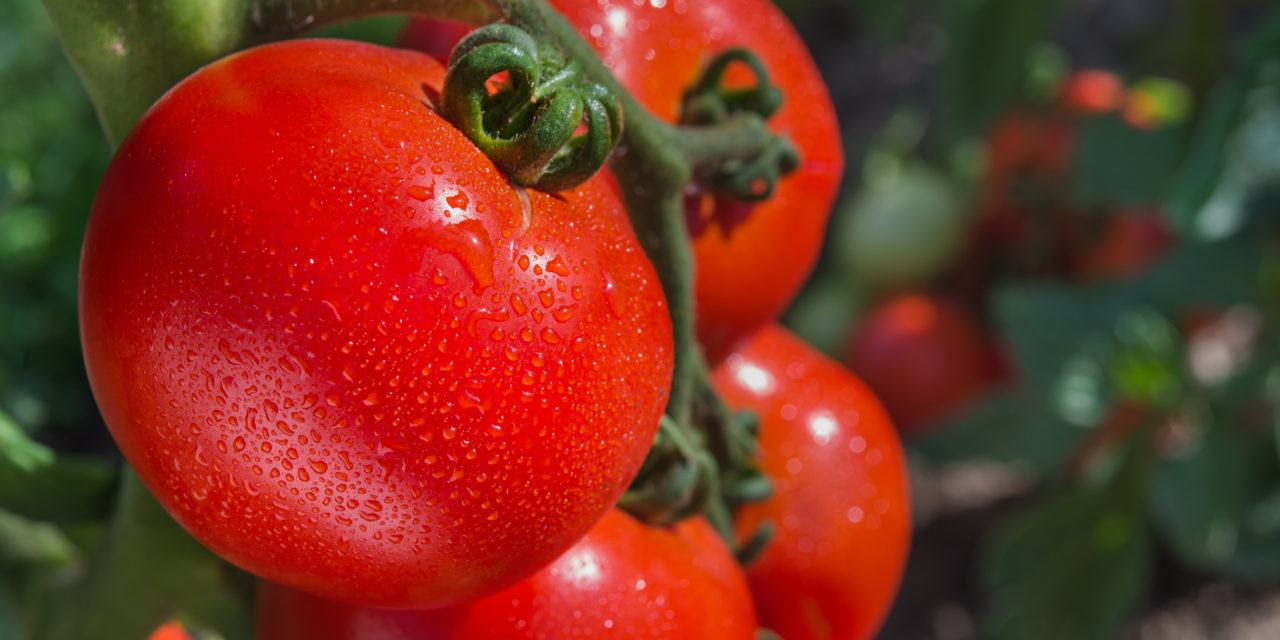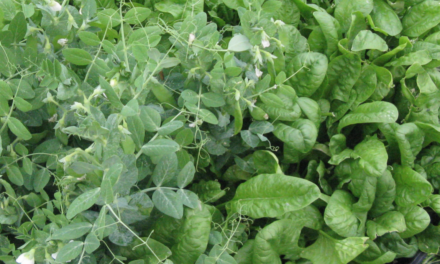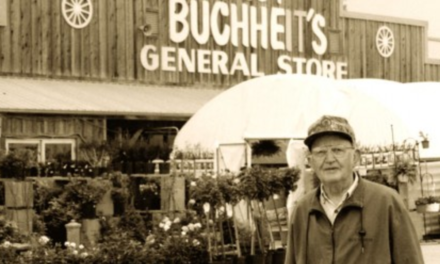Think back…can you remember how a home-grown tomato brimming with flavor tastes? A meaty Beefeater or a juicy Roma, it doesn’t matter if you like heirlooms or hybrids nothing says summer like the first tomatoes of the season. The time to rejoice in your bumper crop starts with planting your favorite cultivars or heirlooms now!
For the most part, gardeners are a patient lot, but at this time of year most of us just can’t wait to get those tomato plants in the ground. Something to remember is that tomatoes originated from the Andes, in South America where they grew wild. They were first cultivated by the Aztecs and Incas around 700 AD. The first tomato arrived in Europe around the 16th century brought back by either Columbus, two Jesuit priests or Spanish Conquistadors as goes the legends. I write this background information to give insights into why tomato plants are considered a Mediterranean fruit; they originated in a tropical land: so it makes sense that they do not like cold ground temperatures. I never plant tomatoes before the ground temperature reaches 60 degrees F. A lot of folks don’t realize that soil temperatures are more important than ambient air temperatures when it comes to gardening success in spring.
If you must try planting early, use one of the hybrids designed just for that purpose like an Early Girl or Sophie’s Choice, Glacier or Whippersnapper. Buchheits carries a large selection of tomato plants both heirlooms and modern hybrids.


Do you know the difference between an indeterminate and a determinate tomato? A determinate tomato (or bush) is a variety that grows to a fixed mature size and ripens all their fruit basically at one time (usually over a period of 2 weeks). They have no leading shoot but develop many side branches forming a sprawling bush. They are preferred for containers as they are generally smaller plants than the indeterminate tomatoes, with most plants growing to a compact 4 to 5 feet. They still require staking but you do not have to prune suckers (new stems) from the determinate variety.
Indeterminate (cordon or tall) tomato varieties are vining plants that produce one main shoot that will grow until it is killed off by the first frost. If you cage or stake your tomatoes, side shoots or suckers are pinched or pruned off to produce a more robust harvest. Indeterminate tomatoes will continue to set and ripen fruit throughout the growing season. They will give you a steady supply of delicious tomatoes but they will ripen slower than the indeterminate.
So it is important when you stroll through all the varieties of tomato plants offered in the front of the Buchheit Stores to know if you want to can all your tomato juice at one time by planting a determinate Roma tomato or have great tasting indeterminate Beefsteak tomatoes all season long. My suggestion is to plant plenty of both kinds.



An Heirloom tomato is one that will always produce in the same manner as its predecessor, but all heirlooms vegetables are plants whose traits are not frozen in time. Plants are locked into an endless struggle of adaptation. So when you save seeds from an heirloom tomato plant you planted it will, very subtly, show characteristics from the previous growing season. If you grow that tomato plant next year, it will have adapted, ever so slightly, to your growing conditions giving you a heartier version of that plant. Heirloom tomatoes are making a comeback due to their superior taste but often you will have a much lighter harvest and many of them are susceptible to virus and fungus which is why hybrids that resist disease are so popular.
A hybrid is created when plant breeders intentionally cross-pollinate two different varieties of a plant that produces a cultivar that is designed to exhibit the best traits from the parent plants. This hybrid cherry tomato plant at Buchheit has been created for container by taking the trait for a smaller tomato and crossing it with other feature advantageous for small gardens.
This is true genetic engineering, just like we were taught in biology class about Gregor Mendel, the 18 century Augustinian monk. This is not a genetically modified organism or GMO. In that process the plants’ DNA is altered in a way that cannot occur naturally. A GMO is not a hybrid.
Hybrids are created to fill a certain need, (like this cherry tomato), such as a prolific beefsteak tomato that reaches great size or a tomato that can resist disease. Whatever you choose, plant some tomatoes, even if you live in an apartment, a cherry tomato (heirloom or hybrid) will do great on your patio. Hope this helps as you head to Buchheit’s garden center! Be blessed! Anne May







